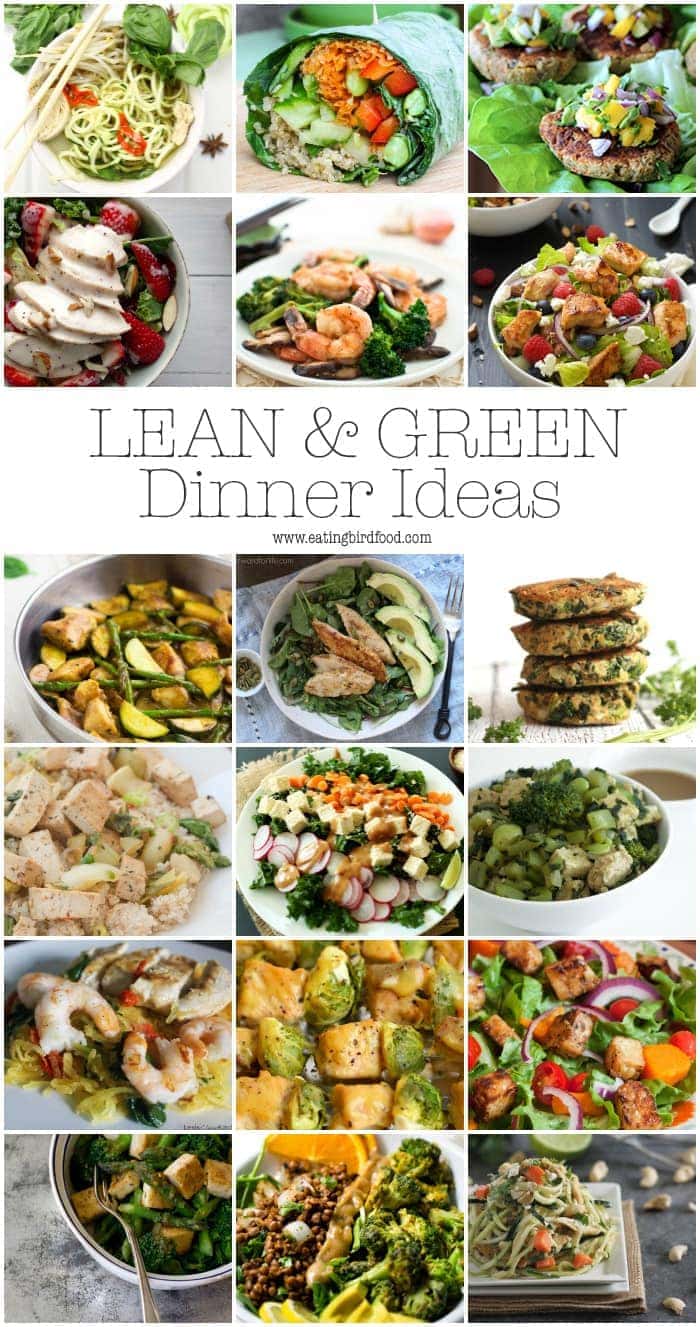Shop At Haya: Your Ultimate Shopping Guide
Discover the best shopping tips, trends, and deals for a smarter buying experience.
Lean and Mean: How to Pump Up Your Plate with Protein
Boost your meals with protein power! Discover tasty tips to transform your plate into a lean, mean, muscle-building machine.
Top 10 High-Protein Foods to Elevate Your Meals
If you're looking to boost your meals with high-protein foods, you're in the right place. Incorporating protein-rich ingredients into your diet not only supports muscle growth but also aids in weight management and keeps you feeling satiated longer. Here’s a curated list of the top 10 high-protein foods that you can easily add to your daily meals:
- Chicken Breast: A lean source packed with approximately 31 grams of protein per 100 grams.
- Quinoa: This pseudo-grain offers about 8 grams of protein per cup and is great for vegetarians.
- Greek Yogurt: With about 10 grams of protein per 100 grams, it’s perfect as a snack or breakfast.
- Eggs: A nutrient powerhouse, providing around 6 grams of high-quality protein each.
- Tofu: A versatile plant-based protein option containing around 8 grams per 100 grams.
- Tempeh: Fermented soy product rich in protein, with about 19 grams per 100 grams.
- Fish: Salmon and tuna are particularly protein-dense, offering around 25 grams per 100 grams.
- Beans: Varieties like black beans and lentils provide roughly 15 grams of protein per cooked cup.
- Nuts and Seeds: Almonds and chia seeds serve as healthy snacks with around 6 grams of protein per ounce.
- Lean Beef: Offers a generous 26 grams of protein per 100 grams and essential nutrients.

How to Build a Balanced, Protein-Packed Plate
Building a balanced, protein-packed plate is essential for maintaining optimal health and energy levels. To achieve this, start by incorporating a variety of food groups. Aim for a combination of lean proteins, healthy fats, and whole grains. Consider the following components when assembling your plate:
- Proteins: Include options like chicken, turkey, fish, beans, or tofu to ensure you’re getting sufficient protein to support muscle repair and growth.
- Vegetables: Fill half your plate with colorful vegetables; they are rich in vitamins and minerals while being low in calories.
- Whole grains: Choose options such as quinoa, brown rice, or whole-grain bread for a source of complex carbohydrates that provide lasting energy.
In addition to focusing on the right components, it's crucial to practice portion control to maintain a balanced intake. A good rule of thumb is to fill 50% of your plate with vegetables, 25% with protein-rich foods, and 25% with whole grains. This not only ensures you have a fulfilling meal but also helps regulate your nutrient intake effectively. Remember, meal prep can be your ally in this journey; by planning ahead, you can create protein-packed plates effortlessly. Keep experimenting with different combinations to find what works best for you!
Is Plant-Based Protein as Effective as Animal Protein?
The debate over whether plant-based protein is as effective as animal protein is gaining traction as more people shift to vegetarian and vegan diets. Both sources of protein offer distinct advantages and may meet the body’s needs, but they differ in amino acid profiles. Animal protein contains all nine essential amino acids, making it a complete protein. On the other hand, most plant proteins are considered incomplete, as they lack one or more of these essential acids. However, by combining various plant sources, such as legumes and grains, it is possible to create a complete protein profile that supports muscle repair and overall health.
Additionally, plant-based proteins come with added benefits that animal proteins do not usually provide. They are typically lower in saturated fats and cholesterol, promoting heart health and reducing the risk of chronic diseases. They also boast a rich supply of antioxidants, vitamins, and fiber, helping to further enhance overall wellness. As more studies emerge, many experts suggest that a flexible approach—one that includes both plant and animal proteins—might be the most beneficial strategy for achieving optimal health while effectively meeting protein needs.